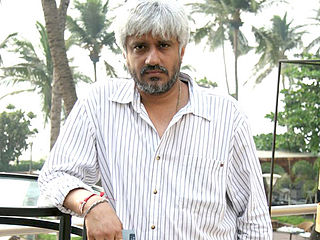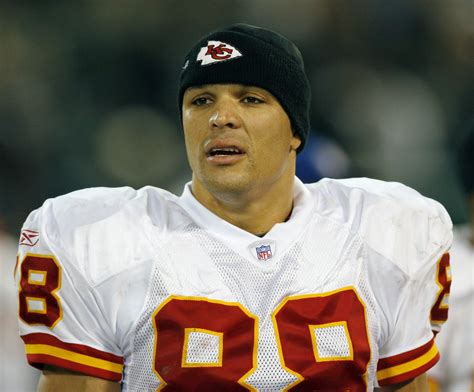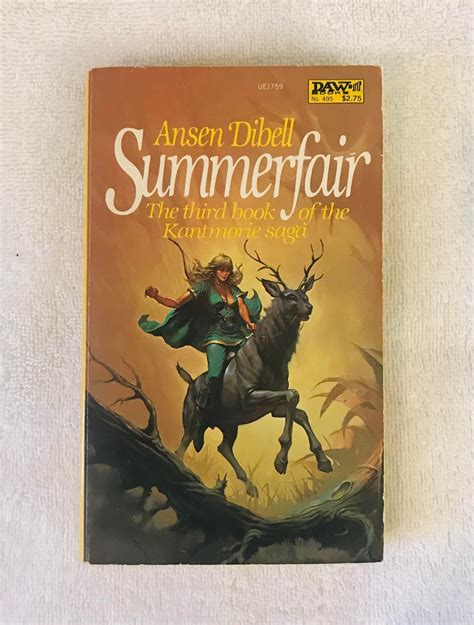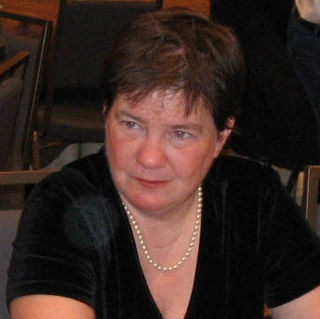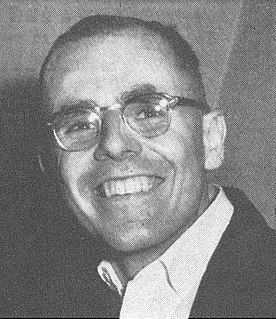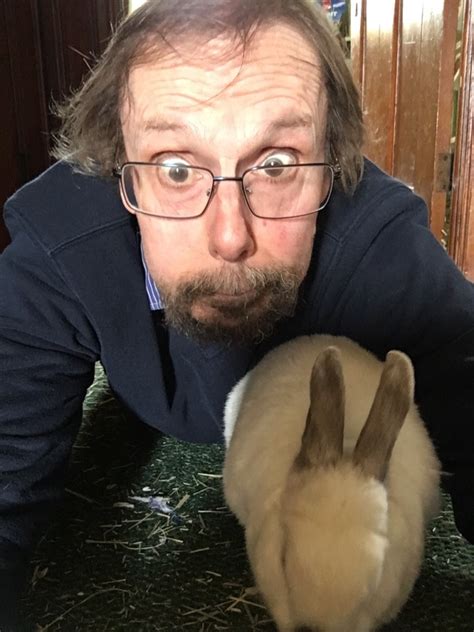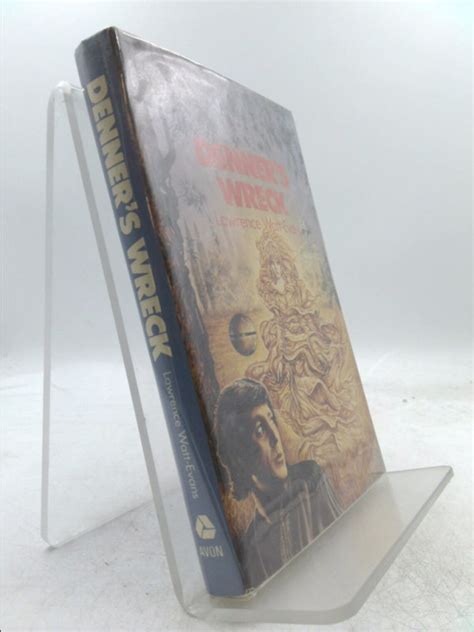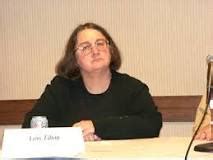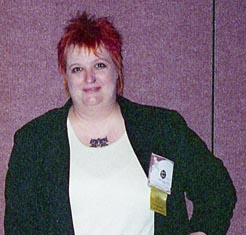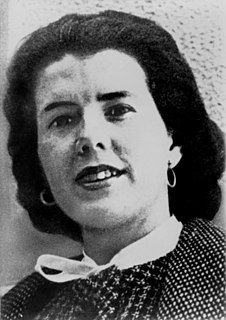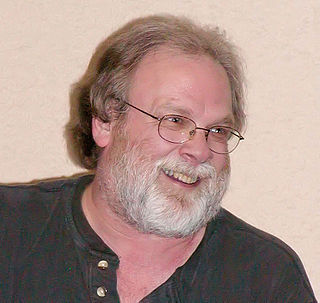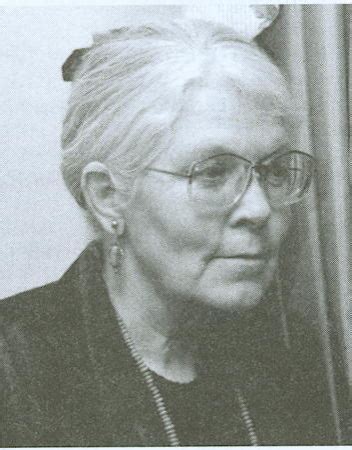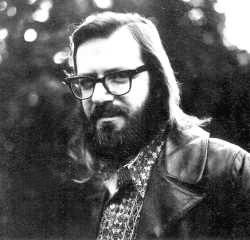A Quote by Teresa Nielsen Hayden
Writers say many true things about their own experiences with publicity and promotion.
Related Quotes
I hear so many writers say - and these are writers that I trust completely - 'I just started hearing a voice', or, 'The characters came to life'. I am filled with loathing for my own characters when I hear that because they do nothing of the sort. Left to their own devices, they do nothing but drink coffee and complain about their lives.
We writers – and especially writers for children, but all writers – have an obligation to our readers: it's the obligation to write true things, especially important when we are creating tales of people who do not exist in places that never were – to understand that truth is not in what happens but what it tells us about who we are. Fiction is the lie that tells the truth, after all.
Why are you uncomfortable with the supernaturalist worldview of the biblical writers? Evangelicals don't want to just say, "Well, the inspired writers were wrong about some of their beliefs about the spiritual world and its inhabitants." That really doesn't work in a confessional situation! So instead we come up with excuses and interpretations that allow us to remake the biblical writers in our own post-Enlightenment image. I understand that impulse, but it's not honest.

